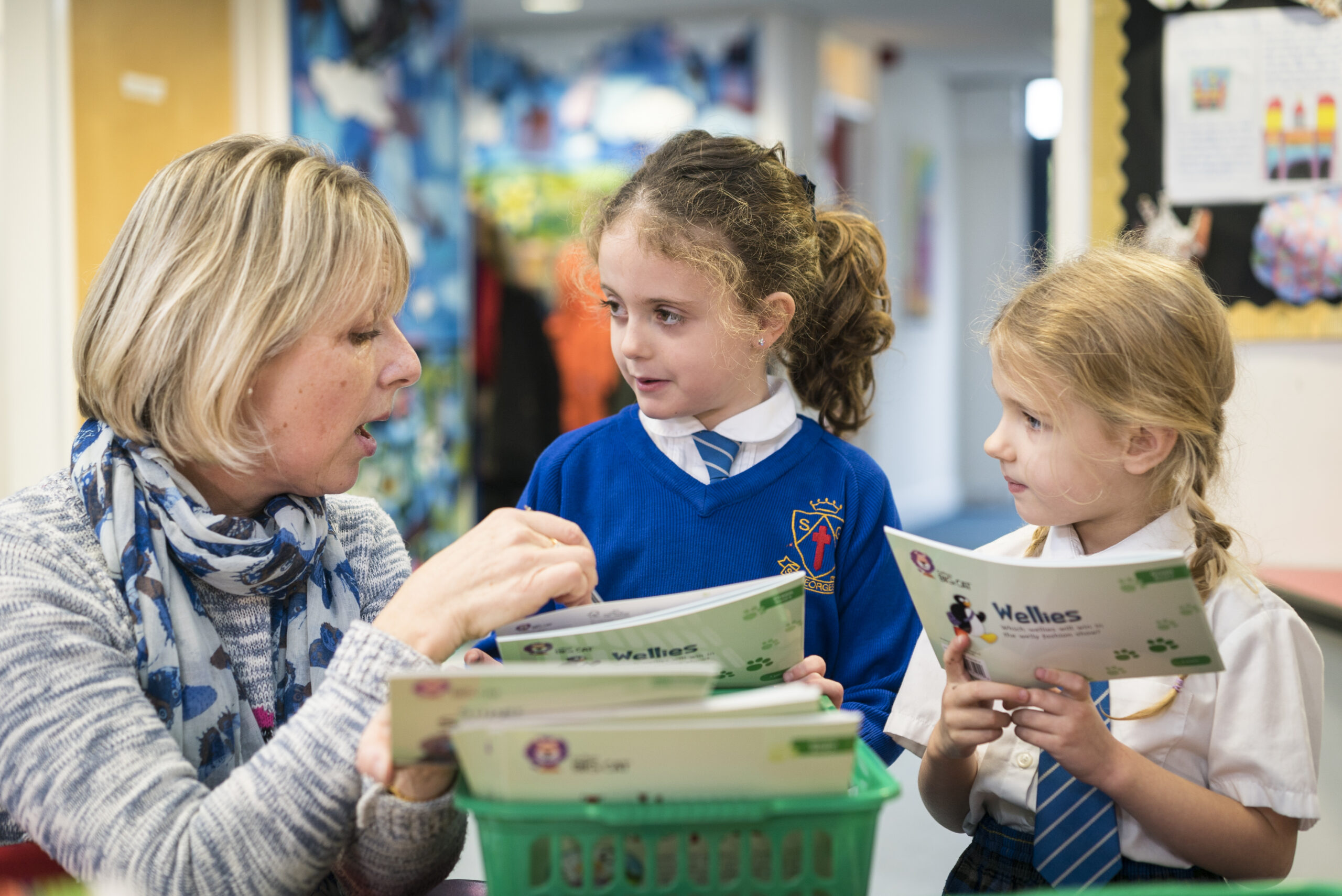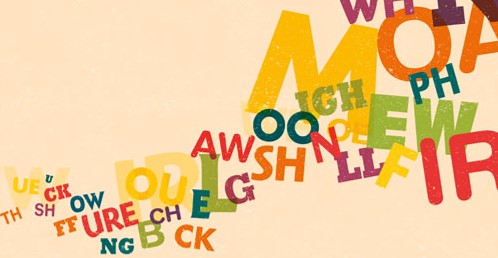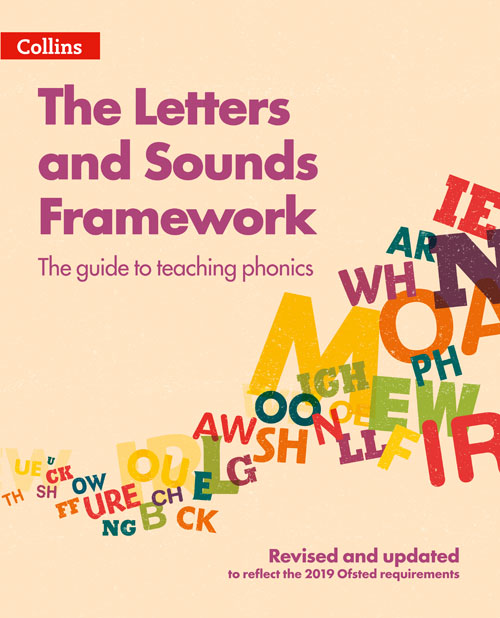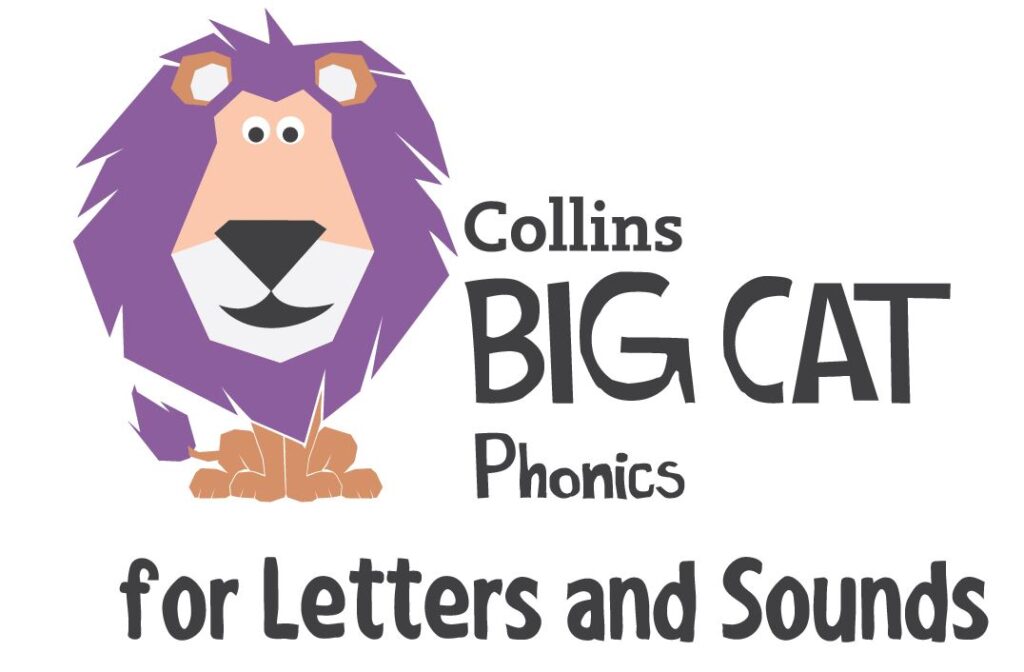Teachers often get training on how to support struggling children. They spend time planning and creating resources to support those children. However, teacher training can sometimes miss showing teachers how to challenge the most able children, and challenge (particularly in phonics teaching) is regularly a focus of attention in Ofsted reports.
“At the school’s previous inspection, inspectors identified the need to improve the quality of teaching and to raise standards. This included developing pupils’ skills in phonics and the need to make sure that the most able pupils reach the higher standards. Too little progress is evident, and these aspects continue to require improvement.” (Ofsted Inspection, Requires Improvement 2018)
Now that the new Ofsted framework is looking even more closely at early reading and phonics skills, this becomes even more important. So how do you ensure the most able pupils in Early Years and KS1 are challenged in phonics lessons, especially if they are possibly already reading?

Firstly, it is important not to assume that a child who already reads when they start school, is necessarily using all their phonics or even knows phonics, they could be relying on memory. Memory is a great asset, but it will only take a child so far when coming across an unfamiliar word. Take Francesca for example, who learnt to read when she was very young and by the age of five was reading fairly fluently. As she had learnt to read at home, she had no experience of phonics. It meant when she encountered a history book with a story about William the Conqueror, she had no skills to tackle the unfamiliar word. Instead she read it as William the Conjuror, because she was familiar with the word conjuror. As she was so young, it did not occur to her to question why the king was known as a conjuror.
Secondly, whilst children may pick up reading without too many problems, they still need to know the phonic code in order to develop their spelling. English has so many variations in spelling the same sound, that children need the skills to know the variations and what is the most likely spelling. /ai/ is a case in point, it is very unlikely to come at the end of a word spelt ‘ai’, much more likely to be ‘ay’.
It is not necessary to try and accelerate the more able child through Letters and Sounds, but what should you do to challenge them? They will need to learn the digraphs and trigraphs in the same way as all the others, but they can be challenged through the vocabulary as well as the activities and application of skills. So, when working on the Phase 3 grapheme /oi/ most children will be using words like oil, boil, foil. The more able children should still be learning /oi/ but could have words like avoid and ointment which are more complex both in spelling and meaning. They can then have practise activities and more complex reading application using those same words.
When I teach phonics lessons I always go armed with those extra words, ready for the challenge group. Only once has my lesson missed the mark for a more able child; he was five and could read, spell and understand words like xenophobia, so my extra /ur/ words were never going to be enough for him!
Written by Jacquleine Harris: Author and teacher trainer specialising in delivering all aspects of Literacy Teaching; reading, writing, assessment and moderation, particularly phonics and spelling.
Jacqueline Harris edited the revised and updated Letters and Sounds Framework – Out March 2020. Find out more and pre-order here.
Discover our full list of Collins Big Cat Phonics for Letters and Sounds readers here.





